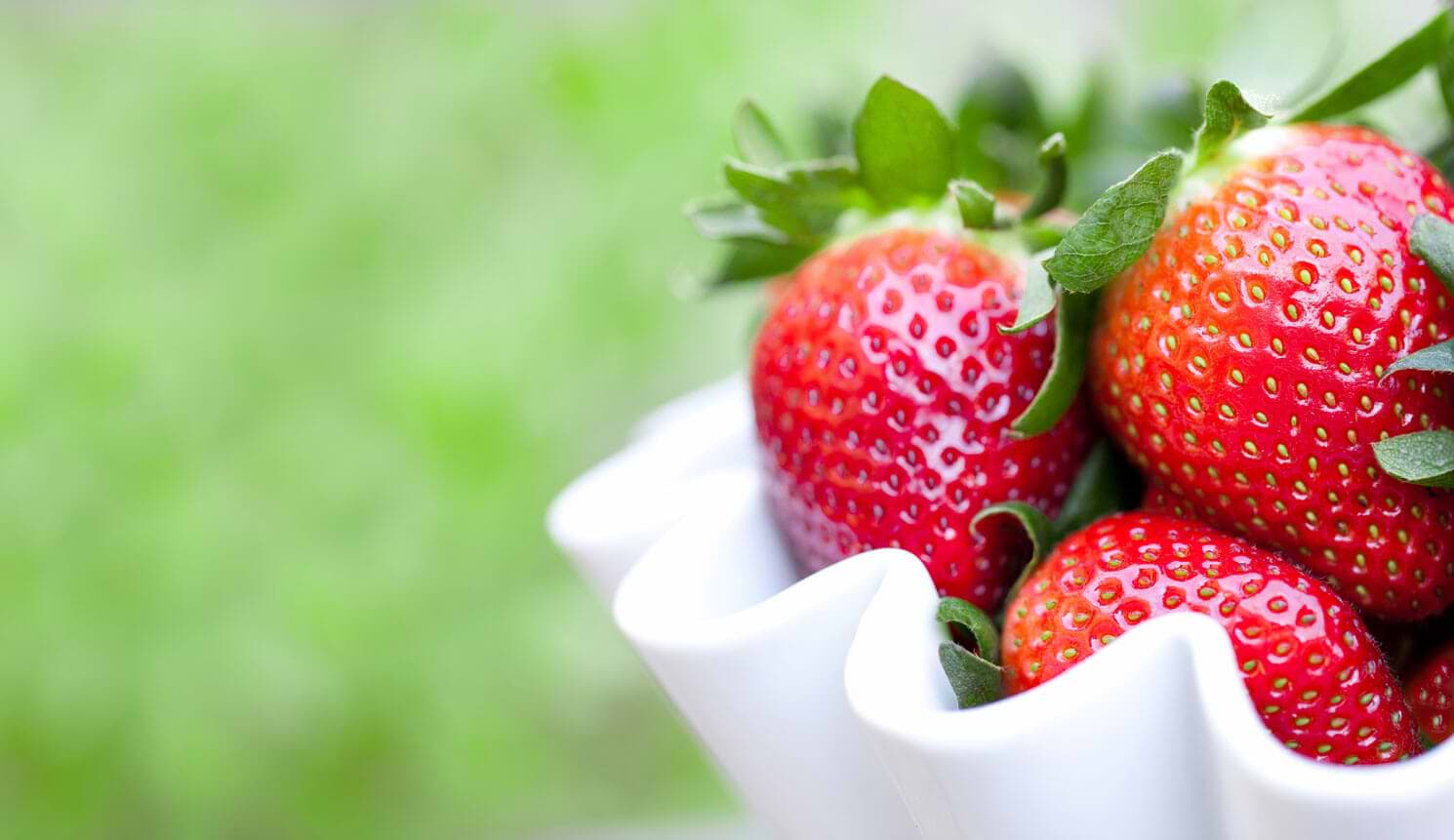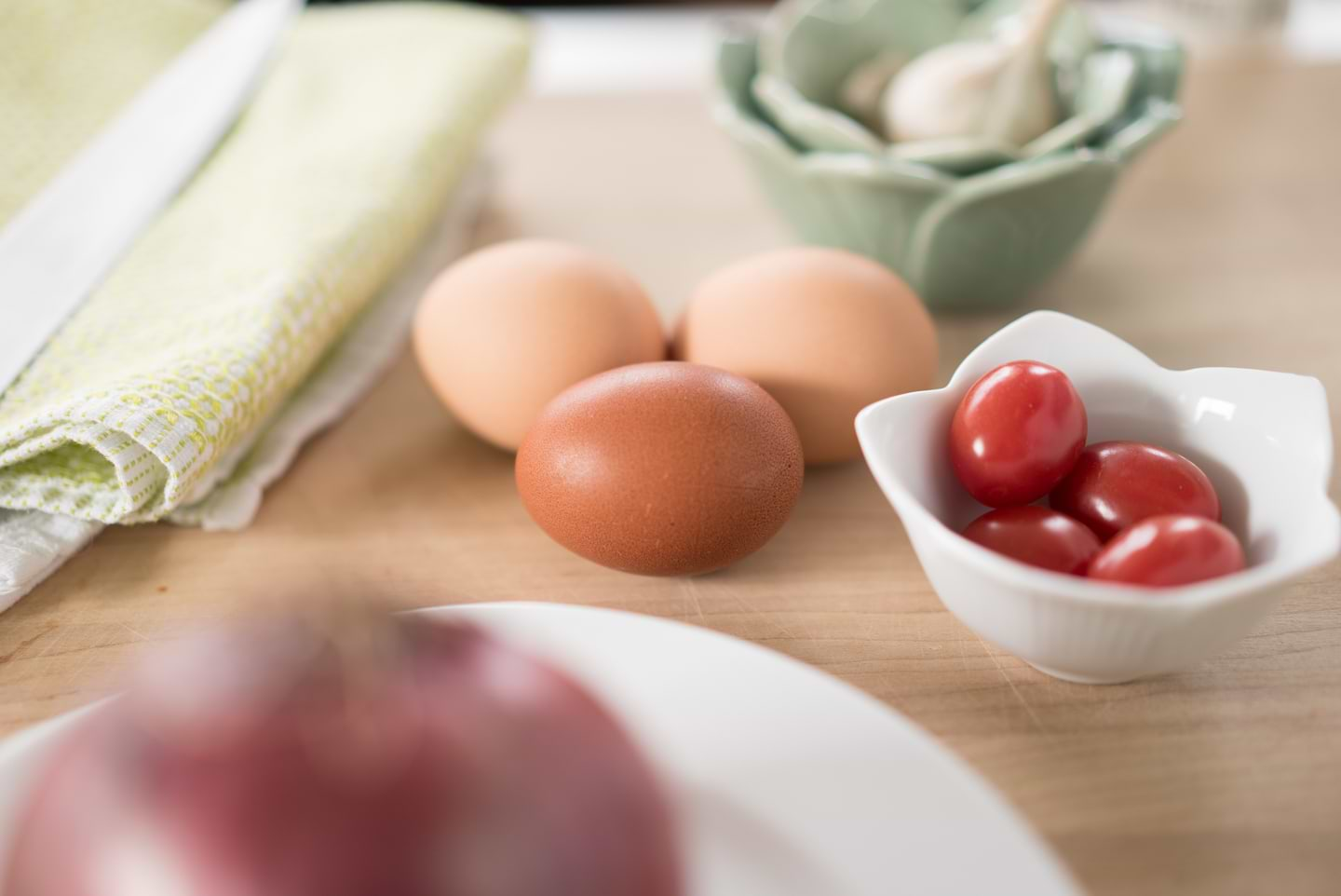Welcome to thoughtful, organic beauty
Hello Joyous is an organic, plant-based, sustainable beauty brand here to bring more joy to your day.
Cholesterol has been vilified and demonized for over 40 years. Doctors, health authorities and governments have consistently (and wrongly) associated high cholesterol with cardiovascular/heart disease (CVD). The simple story basically states that consuming too much cholesterol will result in it sticking to the arterial walls, cause atherosclerosis (hardening of the arteries), and ultimately result in CVD.
There’s only one problem with the theory: it fundamentally doesn’t stand up to scientific rigor; or make much sense
The idea that high cholesterol causes CVD is rooted in the early 1900’s. A young Russian scientist by the name of Anitschkow fed purified cholesterol to a rabbit. It developed CVD and cholesterol was then deemed as the cause. Period. This theory was picked up much later by another scientist named Gofman, who brought it into the 1950’s. From there it slowly became accepted as fact.
The problem is: rabbits are herbivores and are not ‘designed’ to metabolize ANY cholesterol at all since cholesterol is only manufactured in animal cells (and rabbits don’t eat animals)
Cholesterol-lowering drug sales amount to $20 billion a year in North America, with Lipitor gaining fame as the best-selling pharmaceutical in history. So, while we continue to frantically battle and control high cholesterol, the question begs: has anyone bothered to ask why it is high? Surely if we understood why it was high, we could fix the root cause and be on our way?
I also want to be clear here: like most things in the body, there is the ‘goldilocks zone’ – not too low, not too high…just right. I also want to avoid going to deep into all the different types of cholesterol carriers and biomarkers (let’s keep it simple, shall we?)
To understand why cholesterol might be high/unbalanced, we need to understand some fundamental properties:
As you can see, cholesterol has some pretty important functions in the body!
So, why might cholesterol be out of balance, and what can we do about it?
Constipation
Since cholesterol is removed via bile and the stool, one of the major reasons why cholesterol is high is due to constipation. When one is constipated, 94% of the bile (and cholesterol) is reabsorbed into the blood stream from the bowel. And since most cholesterol in the body is made by the body, the problem then is not really one of too much dietary intake, but more poor elimination. Soluble fiber such asoat bran, psyllium, whole grains and legumes can keep the bowels moving, help bind the cholesterol and get it out of the body.
Low Antioxidants, High Free Radicals in the Body
Free radicals cause a significant amount of damage to the lining of the arteries (atherosclerosis). Normally, AO’s keep these in check, thereby preventing damage. When AO’s are low this causes increased damage and cholesterol (as a component of plaque) goes in to seal up and repair the damage. In this case, indiscriminately lowering cholesterol might actually be a really bad thing! Antioxidant-rich foods include cherries, goji berries, blueberries (most berries in fact), cloves, pomegranate and grapes.

High Insulin Levels & Poor Blood Sugar Regulation
This same damage can be caused by high levels of insulin in the blood and faulty blood sugar regulation. In short, insulin is pro-inflammatory and efforts to balance blood sugar can go a long way in getting cholesterol levels under control (is it any wonder that the most common complication of diabetes is CVD?). Top foods for blood sugar imbalance include cinnamon, bitter melon, fiber-rich foods like fruits and vegetables, proteins and fats.
Hormone Imbalance
Adrenal fatigue, menopause, hypothyroidism and estrogen dominance can all be alternative sources of cholesterol imbalance. Each of these conditions warrant their own blog post when it comes to this, so I will keep it a little more general here. Sulfur-rich foods like eggs, broccoli, onions and garlic can help with estrogen metabolism. Salmon (and most cold-water fish high in omega 3), nuts (almonds especially) and seeds (flax and hemp) are fantastic for hormone-balancing as well. You might also find that cholesterol-rich foods such as fish, eggs, poultry, etc. are the real secret as they can help to increase your hormones when they are low (remember that these hormones are made from cholesterol). Bottom line here is to get your hormones properly evaluated and get to work on balancing them.

Low Vitamin D Levels
I have often wondered about the connection between low Vitamin D levels and high cholesterol. Remember, Vitamin D is synthesized from cholesterol. Since there is a large percentage of the population suffering from Vitamin D deficiency, one has to wonder whether the body is producing more cholesterol in an effort to make more vitamin D? Vitamin D foods include fatty fish like sardines, salmon and mackerel, cheese and egg yolks. Speaking of food, cholesterol can also be managed through the diet.
These are some of my top dietary recommendations below:
Emphasize:
Reduce/Eliminate:
In summary, you'll want to avoid damaged fats (hydrogenated, trans and deep-fried oils), try and reduce your toxic load/exposure and increase your consumption of healthy fats.
If you are diagnosed with high/unbalanced cholesterol, I would strongly encourage you to try some of these recommendations before embarking on a drug regimen.
These are far safer and will be much better for your overall health in the long run. A final note here: studies have shown that slightly elevated cholesterol levels are actually beneficial as we age; so, it is important to ask your physician what your cholesterol profile actually looks like.
References:
• Krumholz HM and others. Lack of association between cholesterol and coronary heart disease mortality and morbidity and all-cause mortality in persons older than 70 years. Journal of the American Medical Association 272, 1335-1340, 1990.
• Ravnskov U. High cholesterol may protect against infections and atherosclerosis. Quarterly Journal of Medicine 96, 927-934, 2003.
• Fats that Heal, Fats that Kill; Udo Erasmus PhD – Alive Publishing 1993
• http://bmjopen.bmj.com/content/6/6/e010401.full?sid=cfb00014-f0a8-407d-ae71-a3278160ca49
• http://www.aafp.org/afp/1999/0901/p895.html#sec-6
Fantastic article Brett. Very well written and informative. Thanks
ReplyHappy to hear you found it to be helpful, Michelle! :) Rachel - Joyous Health Team
Tank to for the article. It's great. I'd love to see an ebook on this topic.
ReplyHey Paulina! That's great to know. Thanks so much for your feedback :) Rachel - Joyous Health Team
Rachel, thanks for including this post on your site! As high cholesterol supposedly runs in my family, it was helpful to find a new perspective :)
ReplyHey Cassandra! Glad you enjoyed the post (on Joy's site - not mine, hehe!) It helps to have someone clarify a very confusing topic. Rachel - Joyous Health Team
Thanks for the informative information. Recently a change in my diet caused constipation leading to an increase in cholesterol. Trying Nutrim to lower my number instead of prescription meds.
ReplyOh no! Sorry to hear Jann. Have you had a chance to see your natural health care practitioner or a nutrition? That might be helpful as they will be able to create a customized treatment plan for you! Rachel - Joyous Health Team
Thank you Joy! I would love to hear the connection of high cholesterol with menopause.
Reply